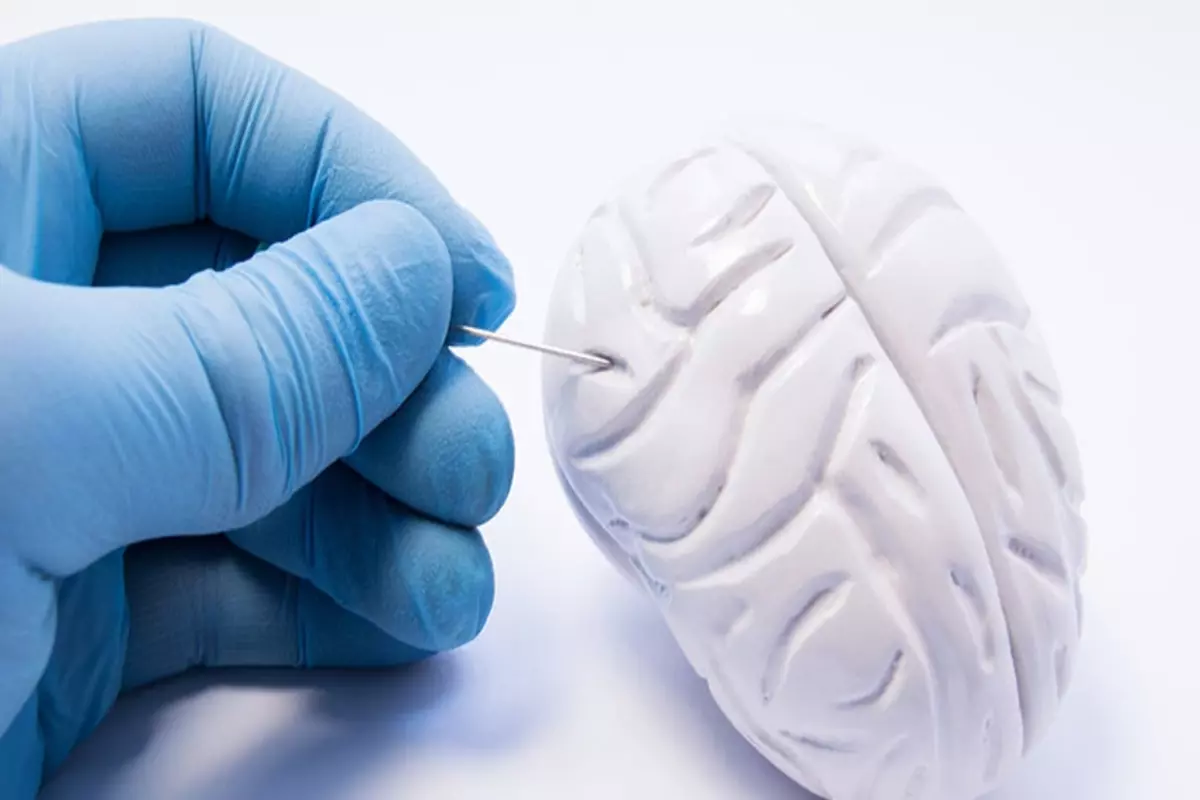
Scientists have developed an artificial intelligence tool that has the potential to help surgeons treat aggressive brain tumors by recognizing characteristics that guide surgery.
Harvard Medical School (HMS) researchers created this AI technology for rapid DNA decoding of brain tumors during surgery.
Other researchers can use the CHARM (Cryosection Histopathology Assessment and Review Machine) programme for free.
According to Kun-Hsing Yu, senior author of a paper published Friday in the journal Med, the new tool analyses photos to quickly identify the genetic profile of a type of tumor called glioma, a process that currently takes days or weeks.
Kun-Hsing Yu, senior study author, as well as assistant professor of biomedical informatics at HMS, stated, “Surgeons rely on comprehensive diagnoses to assist them while operating, and the ability to obtain them quickly could improve patients’ results and save them from multiple procedures”.
The research team stated that it must still be clinically validated through testing in real-world settings and cleared by the FDA before being used in hospitals.
“At the moment, even cutting-edge clinical practice cannot profile tumors molecularly during surgery. Our tool overcomes this challenge by extracting previously untapped biomedical signals from frozen pathology slides”, the study’s senior author remarked.
“At the moment, even cutting-edge clinical practice cannot profile tumors molecularly during surgery. Our tool overcomes this challenge by extracting previously untapped biomedical signals from frozen pathology slides”, he added.
He went on to say that knowing a tumor’s molecular identification during surgery is particularly useful since some tumors benefit from on-the-spot treatment with drug-coated wafers inserted directly into the brain during surgery.
“The ability to determine an intraoperative molecular diagnosis in real-time, during surgery, can propel the development of real-time precision oncology”, Yu continued.
Also read: UN: Russia’s War In Ukraine Killed 9,000 Civilians, Including 500 Children

















